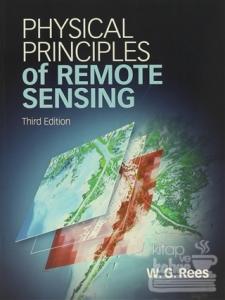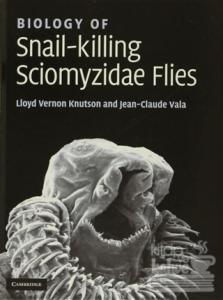
Terrestrial orchids have a wida appeal, but unfortunately they rank among the most vulnerable of all plant species, and little is known about hoh they reproduce in nature. This book contains a detailed survey of the biology of terrestrial orchids, from seed dispersal to establishment and life of the adult plant, based on camparisons of field and culture experiments. The unusual mode of obtaining energy by means of mycorrhiza is eamined and avaluated in terms of plant structure and functions and the impact of this mycotrophic nutrition on orchid evolution. The book makes it clear that an understanding of germination, life histories and seasonal phenology in natural habitats is essential for the success of culture methods, propagation and consevation. The fina chapter is a systematic presantation of tha life history, endophytes and propagation of 36 genera of terrestrial orchids. Environmental plant physiologists will find this a stimulating book; for all those who are involved in orchid horticulture the book is indispensable.
Also of interest
The Orchid Book
edited by J. Cullen
Phylogeny and Classification of the Orchid Family
Robert L. Dressler
An Illustrated Survey of Orchid Genera
Tom and Marion Sheehan
Orchids from Curtis's Botanical Magazine
edited by Samuel Sprunger
Modern Methods in Orchid Conservation:The of physiolody, ecology and management
edited by H. W. Pritchard
Cover photographs:
Dactylorhiza sambucina (flowers red and yellow) and Orchis mascule (purple) in calcareous grassland. Store Alvaret, Öland, May 1984; photograph by Finn N. Rasmunsen.
Orchis militaris. Open woodland, at Graborg, Öland, June 1993; photograpy by Finn N. Rasmussen.
Dactylorhiza majalis seedling grown symbiotically in vitro, cf. Figure 5.6.
Terrestrial orchids have a wida appeal, but unfortunately they rank among the most vulnerable of all plant species, and little is known about hoh they reproduce in nature. This book contains a detailed survey of the biology of terrestrial orchids, from seed dispersal to establishment and life of the adult plant, based on camparisons of field and culture experiments. The unusual mode of obtaining energy by means of mycorrhiza is eamined and avaluated in terms of plant structure and functions and the impact of this mycotrophic nutrition on orchid evolution. The book makes it clear that an understanding of germination, life histories and seasonal phenology in natural habitats is essential for the success of culture methods, propagation and consevation. The fina chapter is a systematic presantation of tha life history, endophytes and propagation of 36 genera of terrestrial orchids. Environmental plant physiologists will find this a stimulating book; for all those who are involved in orchid horticulture the book is indispensable.
Also of interest
The Orchid Book
edited by J. Cullen
Phylogeny and Classification of the Orchid Family
Robert L. Dressler
An Illustrated Survey of Orchid Genera
Tom and Marion Sheehan
Orchids from Curtis's Botanical Magazine
edited by Samuel Sprunger
Modern Methods in Orchid Conservation:The of physiolody, ecology and management
edited by H. W. Pritchard
Cover photographs:
Dactylorhiza sambucina (flowers red and yellow) and Orchis mascule (purple) in calcareous grassland. Store Alvaret, Öland, May 1984; photograph by Finn N. Rasmunsen.
Orchis militaris. Open woodland, at Graborg, Öland, June 1993; photograpy by Finn N. Rasmussen.
Dactylorhiza majalis seedling grown symbiotically in vitro, cf. Figure 5.6.










